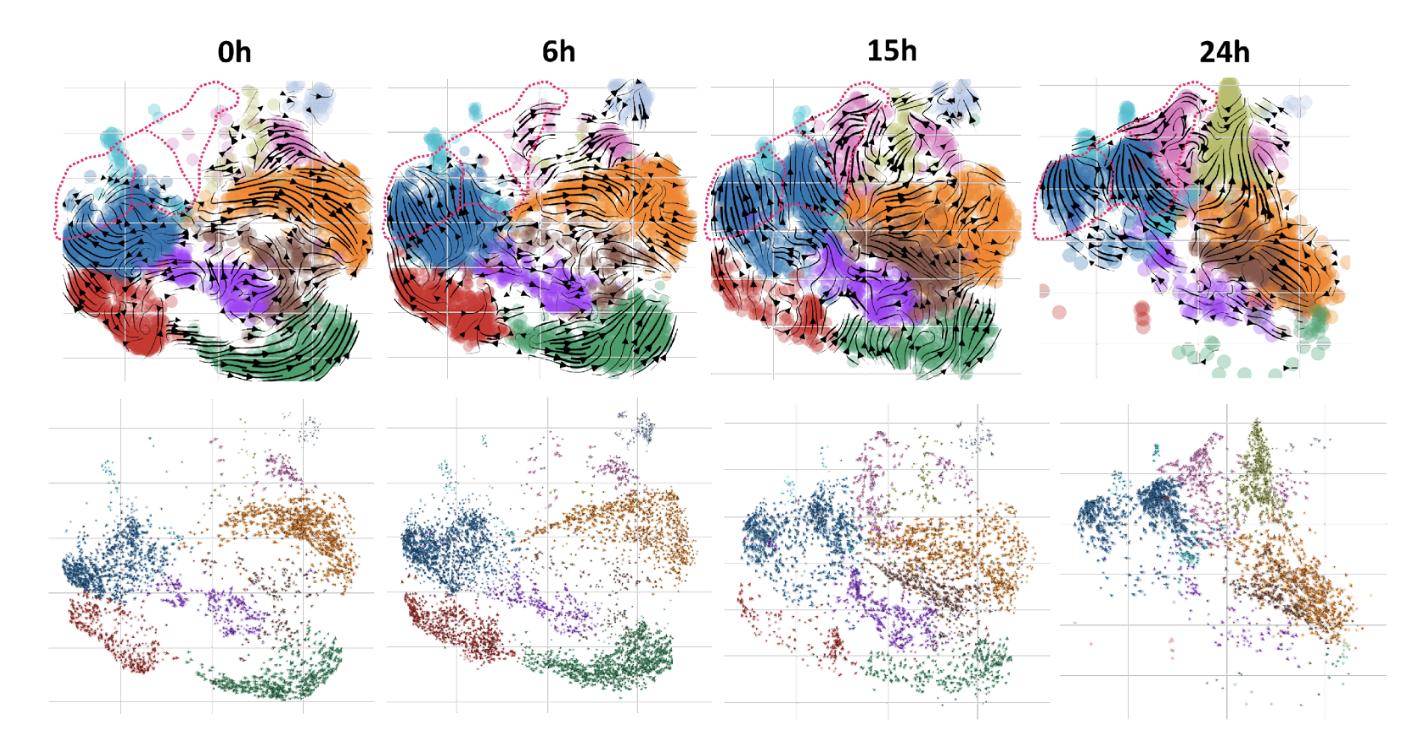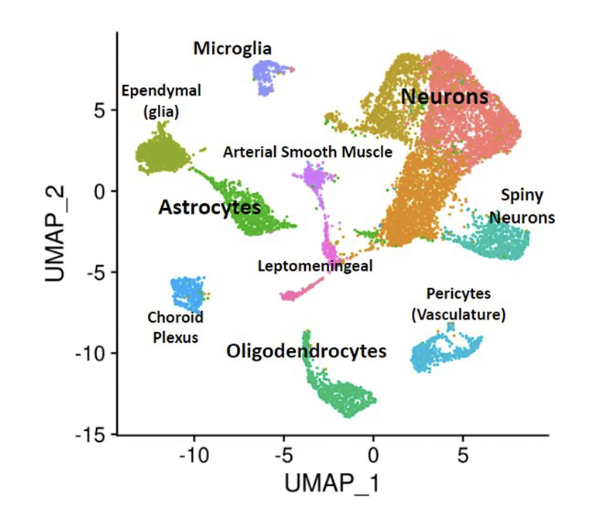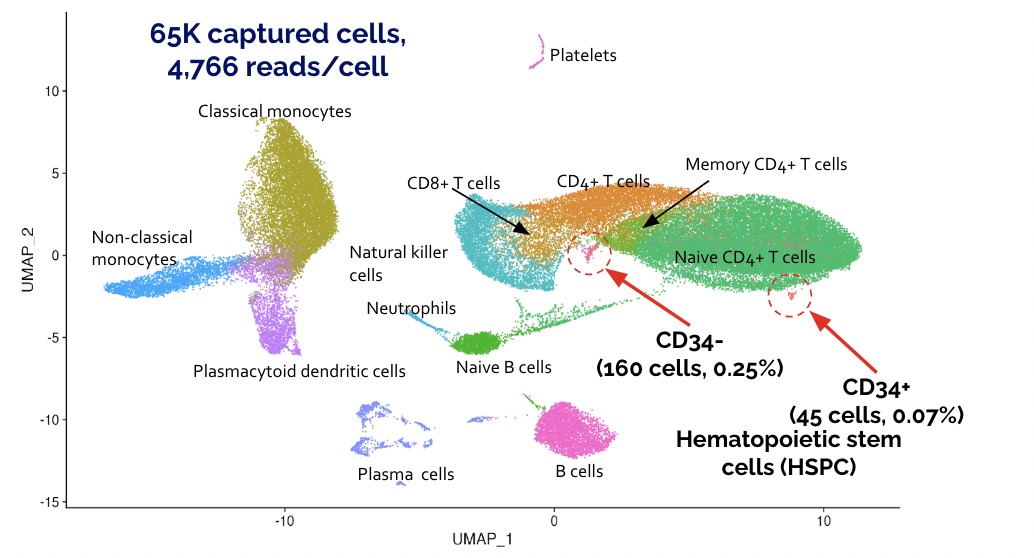
Applications of Single Cell RNA Sequencing
The technique of Single-Cell RNA sequencing (scRNA-Seq) has enabled unprecedented insight into the biology of individual cells and tissue complexity across a broad range of discovery and disease areas. Below are some of the application areas where the accessibility, precision, and sensitivity of our PIPseqTM technology can enable new research and discoveries.

Single Cell RNA-seq for Cancer Research
Understanding the differences in gene transcription between healthy and diseased cells are fundamental to cancer pathology. scRNA-Seq has been a vital tool for understanding:
- Differential gene expression
- Novel cancer biomarkers
- Tumor heterogeneity
- Drug resistance
- Cancer immunotherapy
Single Cell RNA-seq for Immunology
The immune system is composed of a complex hierarchy of diverse cell types that work in concert to identify, target, and eliminate pathogens. scRNA-Seq allows for:
- Identification of previously unknown sub-populations of immune cells
- Understanding developmental and differentiation pathways in immune cell populations
- Evaluation of the roles and functions of immune cell populations


Single Cell RNA-seq for Neuroscience
Neuronal tissues comprise a complex organization of diverse cell types that continuously reorganize and remodel throughout an organism’s lifetime. scRNA-Seq has become a valuable tool to catalog the true diversity of neuronal cell populations with unprecedented transcriptional sensitivity providing insight into:
- Neurodevelopmental and neurodegenerative diseases
- Previously unknown roles of specific neuronal populations
- The effect of neuro-immune cells on disease and development

Featured Product
PIPseq™ V T20
3′ Single Cell RNA Kit
- Profile up to 2o,000 single cells per sample for $900
- Includes sample processing + library preparation reagents
- Compatible with Illumina sequencing
- Access to user-friendly downstream analysis portal
Single Cell RNA-Seq Case Studies

Case Study
Time-course Study of Intestinal Organoids

Study: Evaluate therapeutic-induced intestinal organoid samples (2,000 cells) using the T2 kit
Findings: PIPseq enabled a series of complex time-course studies in a simple, cost-effective workflow

Case Study
Mouse Brain Tissue Study

Study: Evaluate dissociated cells from mouse brain; 12,789 cells captured (with T20 Kit)
Findings: PIPseq clearly resolves diverse cell populations without the clogging issues associated with microfluidics
Case Study
Immune Cell Diversity in PBMCs

Study: Assess immune cell diversity in PBMC samples using the T100 Kit (65K cells captured)
Findings: PIPseq resolves rare PBMC subpopulations with low depth sequencing (~4,800 reads/cell)
